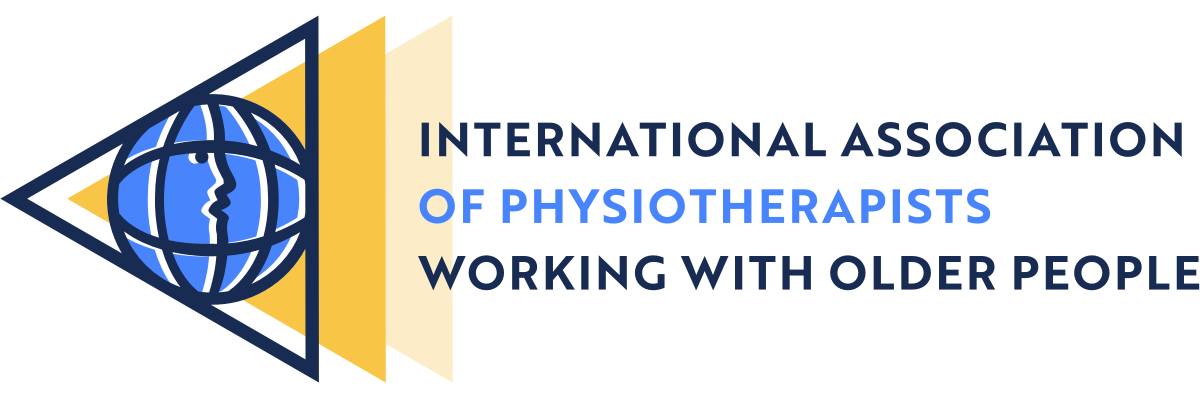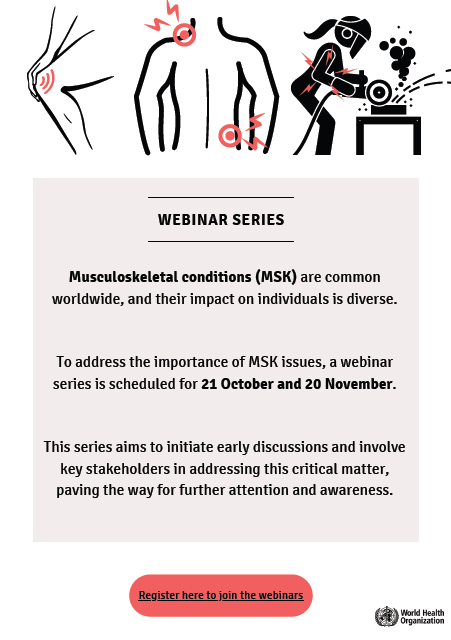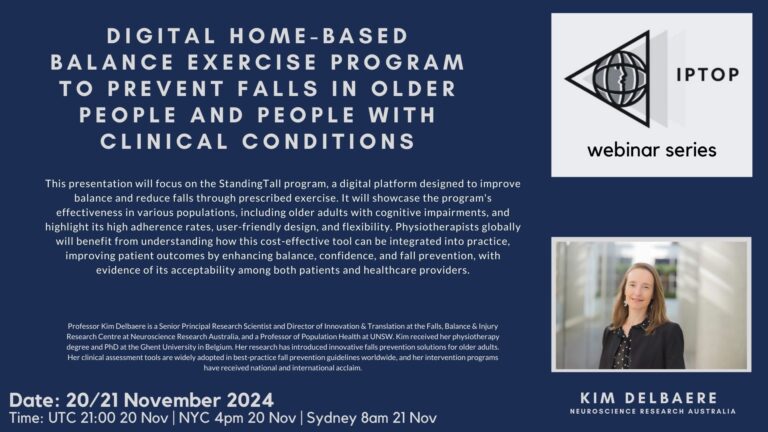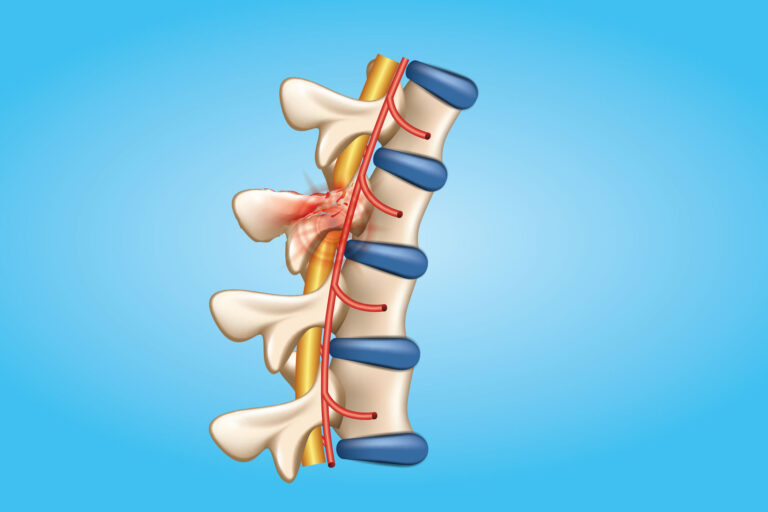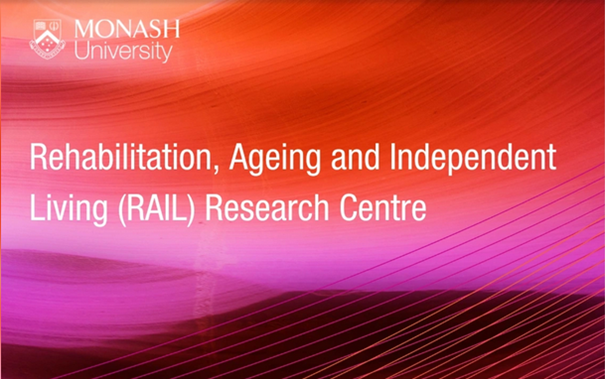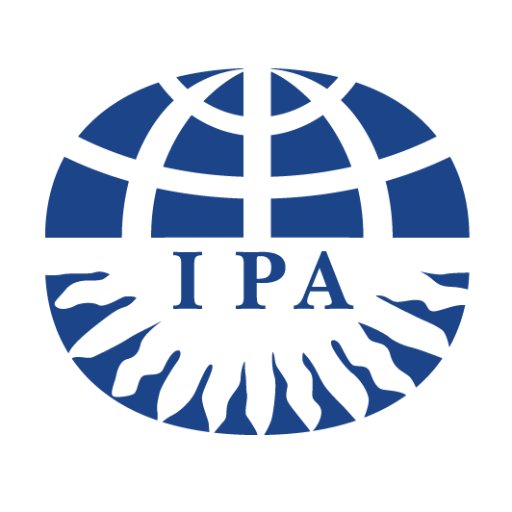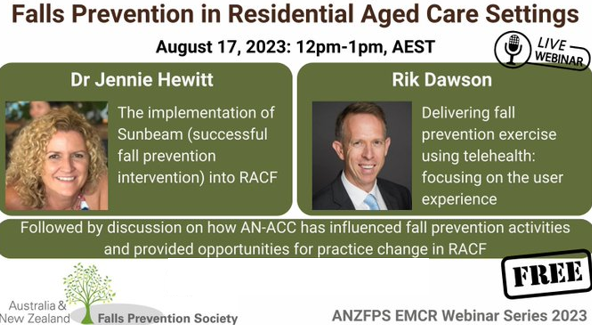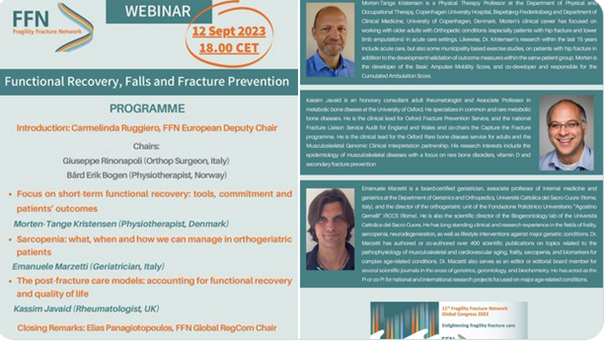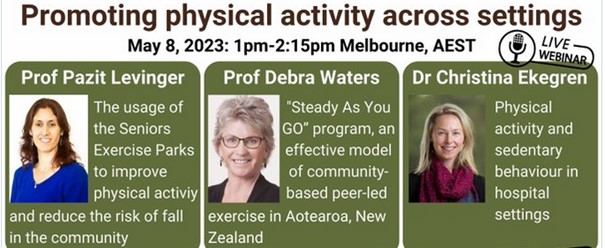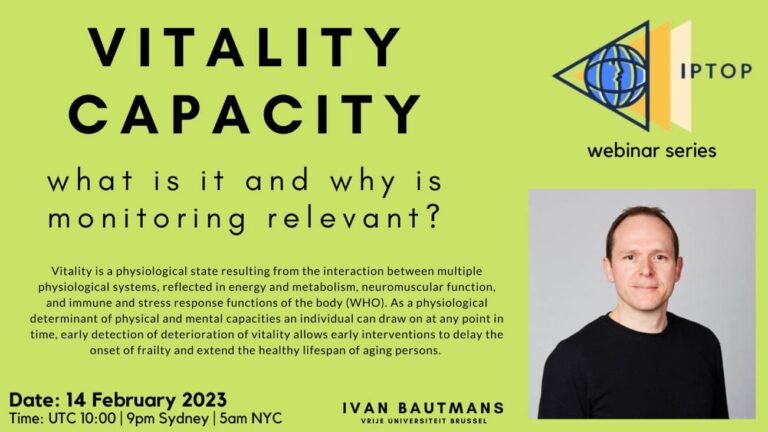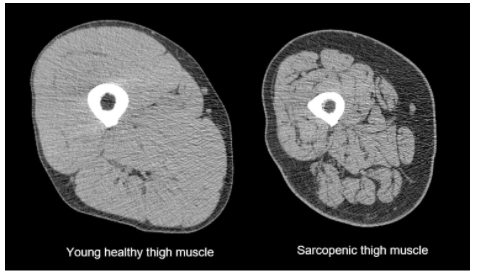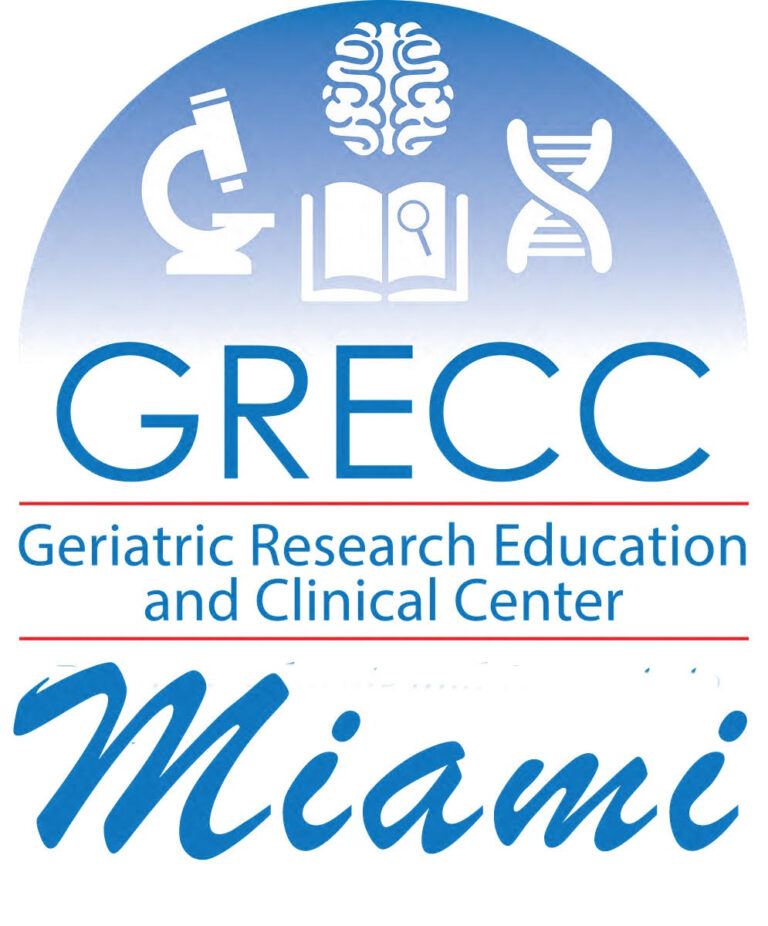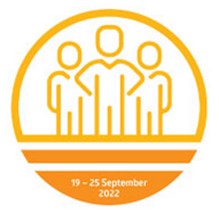Webinars
WHO – Free Webinar invitation – MSK health
21 October 2024 12:00 – 13:30 CET – Virtual
Addressing musculoskeletal conditions: an opportunity for health systems globally
Musculoskeletal (MSK) conditions impact individuals globally, contributing significantly to years lived with disability (YLD). The burden extends to health systems, influencing health care costs and rehabilitation needs. This webinar series aims to initiate early discussions and involve key stakeholders in addressing this critical matter, paving the way for further attention and awareness.
Objectives
- To give an overview of the MSK Global Burden series publications as part of launching the Lancet Rheumatology theme issue on global musculoskeletal health.
- To expand upon our initial webinar insights, formally declare the dates and agenda for the upcoming MSK meeting and foster targeted discussions regarding the strategic progression of the MSK initiative.
Digital Home-Based Balance Exercise Program & Fall Prevention in Older Adults
Digital home-based balance exercise program to prevent falls in older people and people with clinical conditions – IPTOP Webinar Series
This presentation will focus on the StandingTall program, a digital platform designed to improve balance and reduce falls through prescribed exercise. It will showcase the program’s effectiveness in various populations, including older adults with cognitive impairments, and highlight its high adherence rates, user-friendly design, and flexibility. Physiotherapists globally will benefit from understanding how this cost-effective tool can be integrated into practice, improving patient outcomes by enhancing balance, confidence, and fall prevention, with evidence of its acceptability among both patients and healthcare providers.
Professor Kim Delbaere is a Senior Principal Research Scientist and Director of Innovation & Translation at the Falls, Balance & Injury Research Centre at Neuroscience Research Australia, and a Professor of Population Health at UNSW. Kim received her physiotherapy degree and PhD at the Ghent University in Belgium. Her research has introduced innovative falls prevention solutions for older adults. Her clinical assessment tools are widely adopted in best-practice fall prevention guidelines worldwide, and her intervention programs have received national and international acclaim.
Time:
UTC 21:00 – 20th Nov
NYC 4 pm – 20th Nov
Sydney 8 am – 21st Nov
Register to join hereWebinar ISCoS – September 4th 2024, 7pm (GMT+1) (UK)
Aging and Spinal Cord Injury;
Discussing guidelines, activity, nutrition and health in the aging SCI population.
Both life expectancy and the average age of SCI onset are increasingly globally. The need to address this is highlighted in this webinar with 6 guest speakers from the globe.
- Claire Guy (Phyiotherapist UK): Guidelines for managing older people in the UK with some updated population figures.
- Janet Thomas (Physiotherapist Scotland): Ageing from middle age to frailty, considering the impact of sedentary behaviours.
- Sofie Jörgensen and OT Ulrica Antepohl (Sweden): Healthy and sustainable aging with SCI.
- Camila Quel de Oliveira (Australia): Physical activity in middle age and older people with SCI.
Anna-Carin Lagerström (Physiotherapist Sweden): Patient education on nutitional needs and weight management – from the acute fase to living and aging with SCI. A task alsof or PT’s?
Register to join hereImproving access to rehabilitation, reablement, and physical activity for people with dementia
Rehabilitation, Ageing and Independent Living (RAIL) Research Centre eForum – MONASH University
Reablement moders of care for people with dementia – evidence and key lessons for implementation – Prof. Yun-Hee Jeon
The right to rehabilitation for people living with dementia – Associate Prof. Michele Callisaya
“Changing the Focus” project: Co-design of a Novel Approach for People with Mild Dementia to Engage in Physical Activity Programs in a Local Community – Dr. Den-Ching Angel Lee
Register hereUnderstanding Paratonia in Dementia – 21 august 2024
Paratonia is a movement disorder frequently encountered in individuals with dementia, significantly affecting their quality of life and motor abilities.
Prof. Hans Hobbelen will delve into the latest research on paratonia, highlighting the preventive role of physical activity in reducing AGEs (Advanced Glycation Endproducts) accumulation and offering strategies to manage this debilitating condition effectively.
Date Presented: 21 August 2024
Abstract IPTOP Seminar:
Movement disorders in dementia are not well known yet they have a devastating effect on the quality of life and the abilities of a person with dementia. Paratonia is one of these movement disorders that are already present in 10% of the population with dementia in the early stages and increase up to 100% in the late stages. Paratonia is caused by central nervous system pathology, yet peripheral biomechanical changes due to Advanced Glycation Endproducts (AGEs) are also responsible for further deterioration of motor control in dementia. Physical activity can prevent the accumulation of AGEs. In this IPTOP webinar prof Hans Hobbelen will present the latest research on the topic of paratonia.
Dr Hans Hobbelen:
Hans Hobbelen (PhD, PT) started his career as a physiotherapist in a nursing home in the city of Eindhoven the Netherlands and stayed at this job for 22 years. In 2001, he received his master’s degree in human movement sciences. He received his PhD in 2010 on the topic of paratonia, a distinctive form of hypertonia in dementia. This made him a leading scientist in the field of paratonia and movement disorders in dementia. He is since 2012 professor (Lector) in Ageing and Allied Health Care at the Hanze University of Applied Sciences in Groningen, The Netherlands. Besides movement disorders in dementia, his main field of interest is frailty, specifically the multi-dimensionality of Frailty.
Furthermore, Hans is a member of the scientific board of the Dutch Physiotherapy Association (WCF, KNGF), a member of the Clinical Consortium on Healthy Ageing and of the Global Network on Long-Term Care of the World Health Organisation (WHO) and since May 2019 President of The International association of Physiotherapists working with Older People (IPTOP, official specialty group of World Physiotherapy)
Feb. 22nd 2024 - IPA Webinar: End-of-Life Care in Dementia
Clinical Practices and Research Advances – Februari 22nd, 20224 – 12PM CT
In this IPA webinar, Dr. Maria Lapid will review the clinical aspects of late-stage dementia, including end-of-life issues, and provide an overview of how palliative and hospice care as defined and practiced in the United States are relevant and applicable to these critical stages. Prof. Dr. Lieve Van den Block will review important developments in end-of-life and palliative care research for people with dementia and their family carers, focusing on innovative health service research and social models of care for people with dementia, on effectiveness of palliative care models for nursing homes, and on views of people with dementia and their family carers on advance care planning.
Presenters:
Dr. Maria Lapid MD, Professor of Psychiatry – Mayo Clinic Rochester Minnesota, USA
Dr. Lieve Van den Block, Prof. of Aging and Palliative care, Vrije Universiteit Brussel (VUB), Chair, Aging and Palliative Care Research Programme, End-of-Life Care Research Group, Vrije Universiteit Brussel and Ghent University in Belgium, Collen-Francqui Research Professor Chair ‘Aging, dementia and palliative care
RegistrationANZFPS EMCR Webinar Series 2023
Falls Prevention in Residential Aged Care Settings
On August 17, 2023 – 12pm – 1pm, AEST, the ANZFPS and the EMCR committee organise a free webinar on falls prevention in residential aged care settings.
Dr. Jennie Hewitt: The implementation of Sunbeam into RACF
Rik Dawson: Delivering fall prevention exercise using telehealth.
RegistrationFFN Webinar Functional Recovery, Falls and Fracture Prevention
Focus on short term functional recovery: tools, commitment and patients’ outcome (Morten-Tange Kristensen – Physiotherapist, Denmark)
Sarcopenia: what, when and how we can manage in orthogeriatric patients (Emanuele Marzetti, Geriatrician – Italy)
The post-fracture care models: accounting for functional recovery and quality of life (Kassim Javaid, Rheumatologist – UK)
RegistrationANZFPS Webinar Series 2023
Promoting physical activity across settings.
The webinar took place on the 8th May 2023. Prof Levinger discussed the use of the Seniors Exercise Parks to improve physical activity and reduce fall risk. Prof Waters discussed the “Steady As You GO” program, an effective model of community-based peer-led exercise in Aotearoa, New Zealand. Dr Ekegren discussed physical activity and sedentary behaviour in hospital settings.
The recording of the 75min webinar is now available.
Watch the video
IPTOP Webinar: Vitality Capacity
Vitality is a physiological state resulting from the interaction between multiple physiological systems, reflected in energy and metabolism, neuromuscular function, and immune and stress response functions of the body (WHO). As a physiological determinant of physical and mental capacities an individual can draw on at any point in time, early detection of deterioration of vitality allow early interventions to delay the onset of frailty and extend the healthy lifespan of aging persons.
Go to videoWebinar Empowering the muscle to prevent falls
Muscle health is of upmost importance to maintain many organ systems, and therewith to our ageing process. The lecture will highlight the pathophysiology of muscle health decline and its consequences and gives advice on how to intervene to either maintain or increase muscle health. After the webinar, the participant can describe the relationship between sarcopenia, vulnerability and fall risk. The participant can apply the tools provided in daily practice.
About the speaker
Professor Andrea B. Maier, MD PhD FRACP
Biogerontologist, Internal Medicine specialist, Geriatrician and international health policy specialist
📆 Thursday, April 20th 2023
🕓 The webinar will take place from 09.00 am to 11:00 am Central European Time (CET).
Frailty Seminar Series 2022 - 2023
The Frailty Seminar Series: 11 webinars
A group of health care professionals and researchers dedicated to frailty started the Frailty Seminar Series in 2021 with the purpose of exchanging and sharing evidencebased practices, and research advances about all aspects of frailty. The Frailty Seminar Series 2021-2022 presented a line-up of renowned speakers from around the world, sharing their expertise in the rapidly growing field of frailty.
1st Webinar:
Wednesday, October 12th, 2022 – Covid 19 and Frailty
4 Webinars - Falls Awareness week - 19 -25 sept 2022
Register now for Falls Awareness 2022!
You will receive your Falls Awareness Week 2022 digital campaign kit and invitations to 4 webinars by amazing speakers that will take place over the course of the week.
Webinar Rehabilitation for Post-Intensive Care Syndrome
A free online webinar from the APTA Cardiorespiratory Section on rehabilitation for Post-Intensive Care Syndrome.
Webinar Geriatric Considerations
Geriatric Considerations, part of the APTA PACER Project video presentation on Post-Acute COVID19 Exercise & Rehabilitation.
Webinar Understanding and Preventing Falls in People Living with Dementia
Dr. Susan Muir-Hunter.
View the webinar through this link.
(Link opens in a new tab. The recording of this webinar requires Adobe Flash Player)

